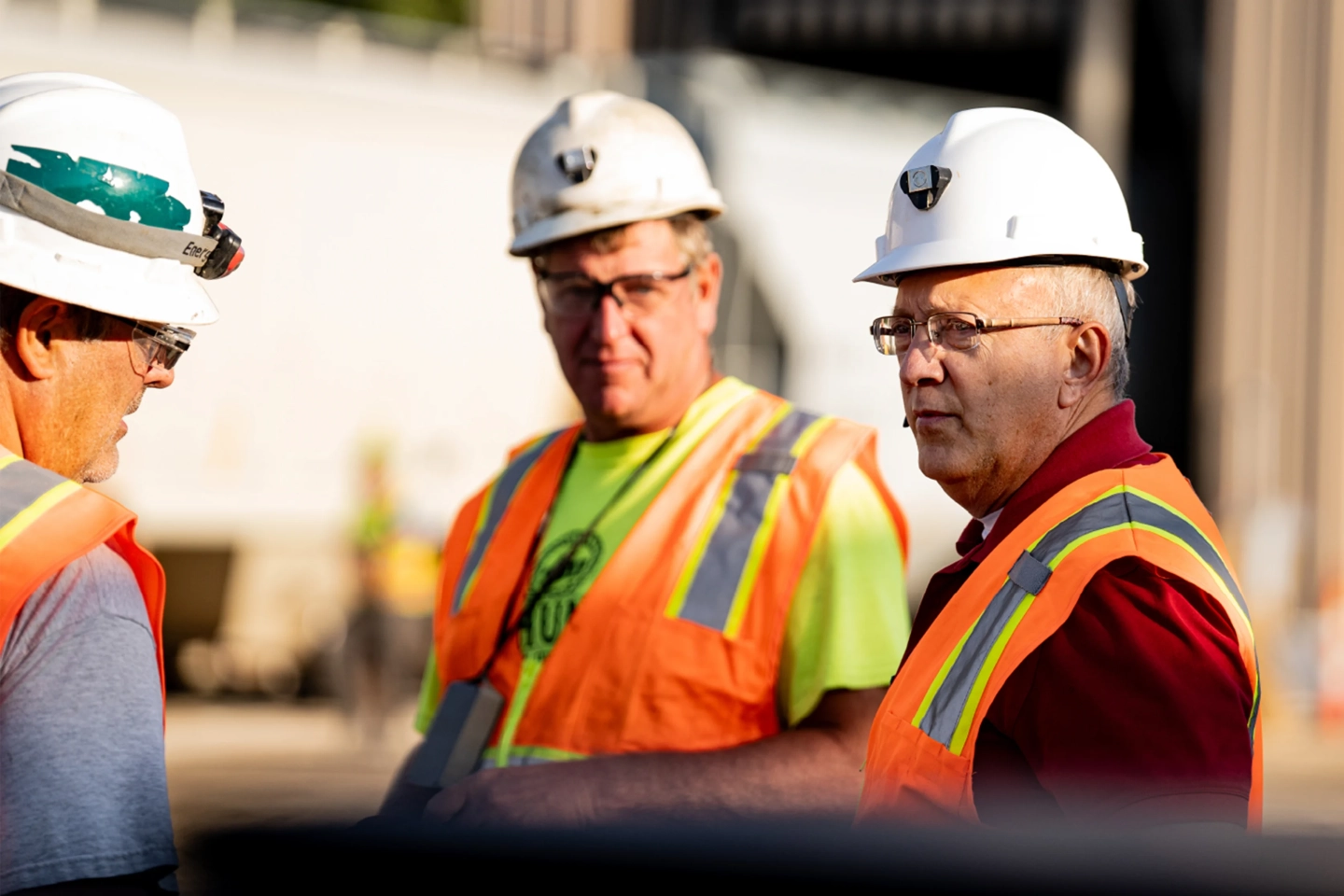
Innovation is at the heart of everything that we do.
KYLE PATTISON
Founder and managing principal
The Pattison family has, for their entire 60-year history, consistently proven their commitment to their customers, employees, their community and the environment.

Innovation is at the heart of everything that we do.
KYLE PATTISON
Founder and managing principal
The sand mine, now owned and operated by Pattison, was opened in the 1870s as an open pit mine, and operated by various companies. In 1945, mining operations were expanded underground. Martin Marietta operated the underground mine for the 17 years leading up to Pattison's acquisition in 1983.
In 1950, farming existed without the ability to add nitrogen to the soil. Bernard Pattison offered to apply a nitrogen product to area crops for no cost, in exchange for 1/2 of the increased yield. At the time of harvest, farmers saw the improved yield, and were excited to adopt the use of nitrogen.
In 1969 Bernard Pattison found a piece of land on the river and built an innovative grain terminal transforming the local agriculture from livestock to grain farming and helping to feed the world through exports. Pattison held a 50% market share with over 100,000,000 bushels shipped per year.
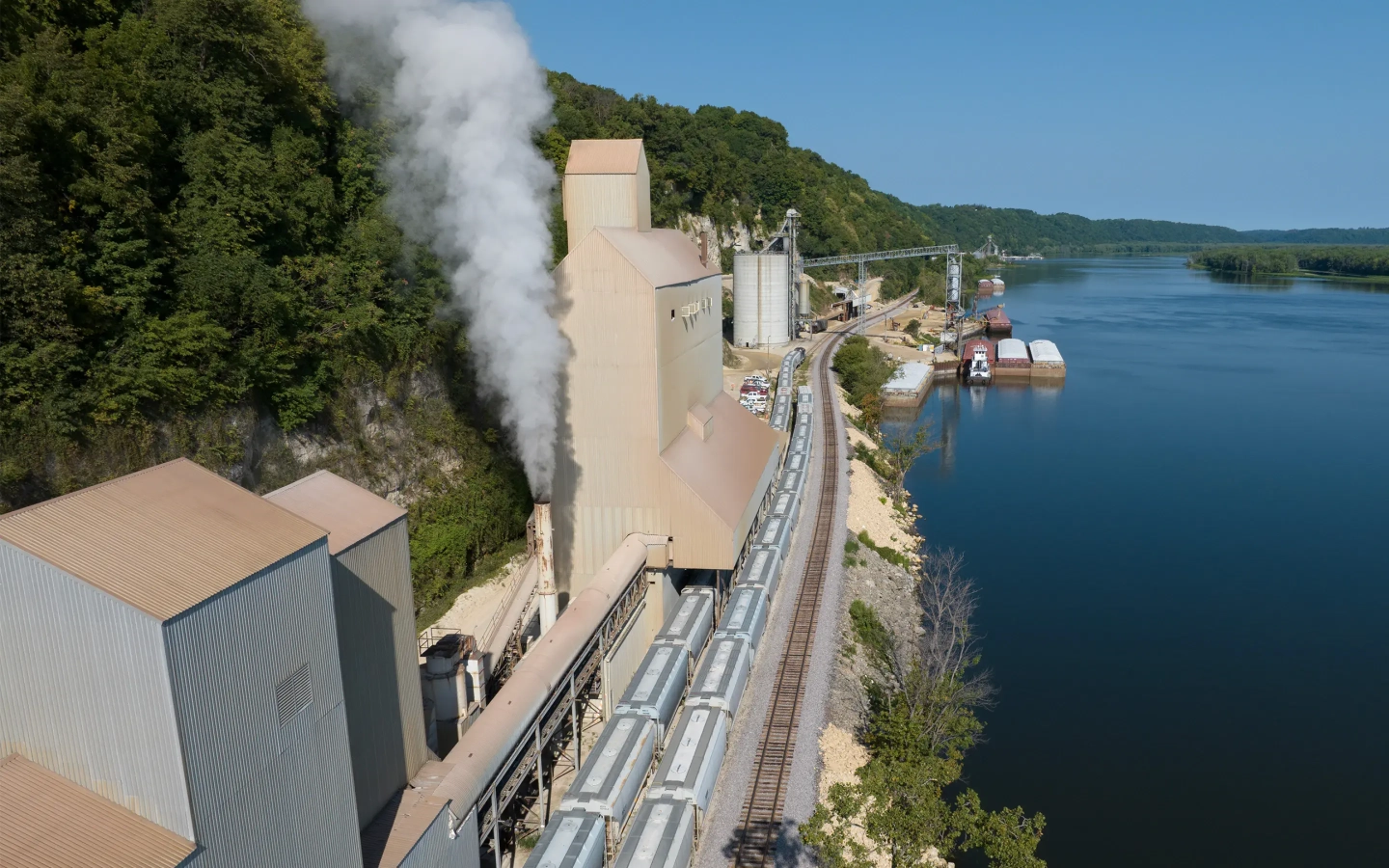
In l983, Pattison purchased the mine and started to store fertilizer and other bulk commodities in the vast underground acreage of the existing mine. Pattison created a 12Million bushel federally license underground grain storage facility, the second one in the U.S. It provided a total capacity of 60 acres of underground storage area.
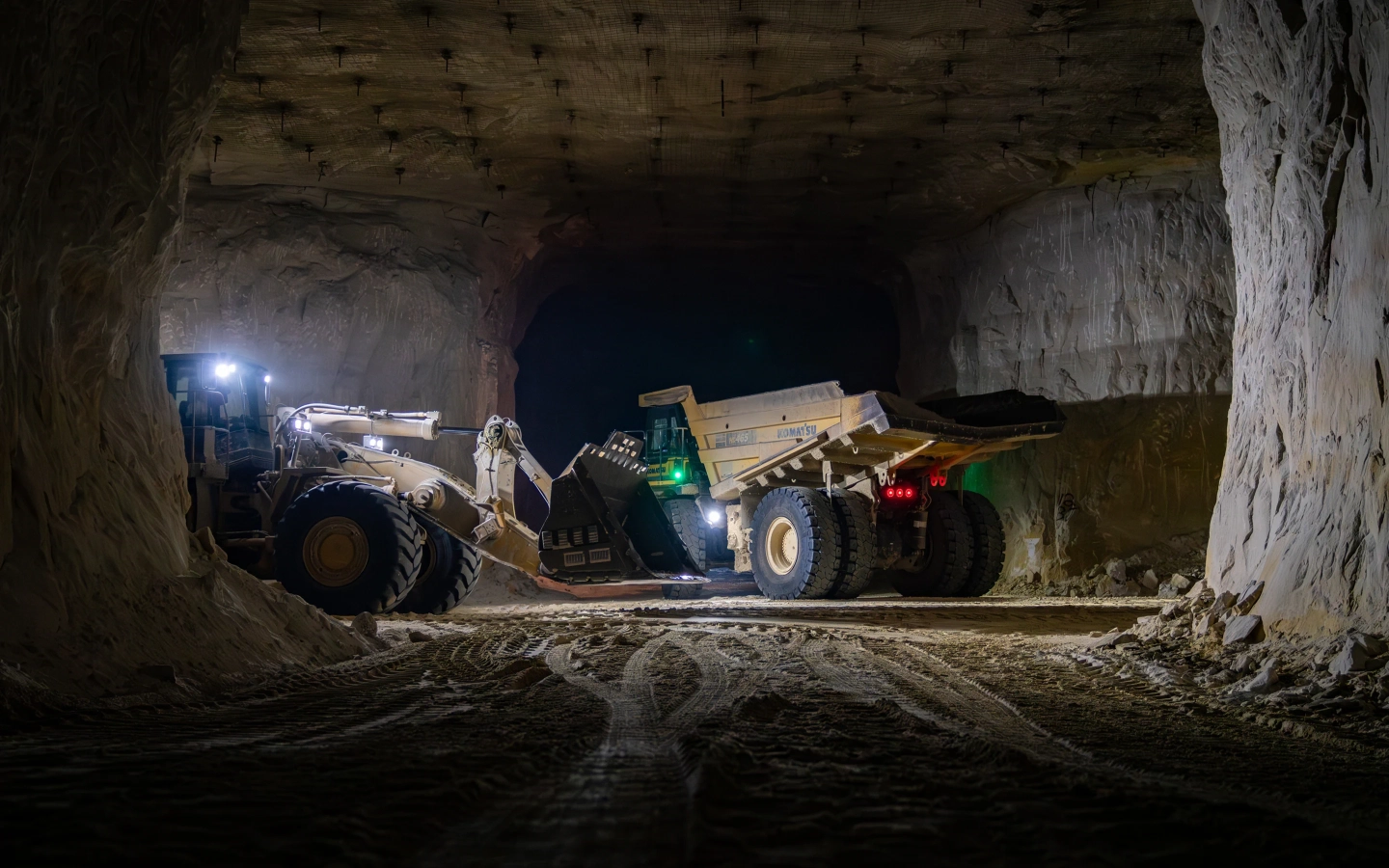
In the fall of 2004, Pattison was approached by geologists who worked for the mine's prior owner to consider re-opening its Clayton silica sand mine. After extensive research into the subject, the Pattison management team conducted a year of extensive and detailed planning, and in 2005, commenced development work to prepare the mine for operations.
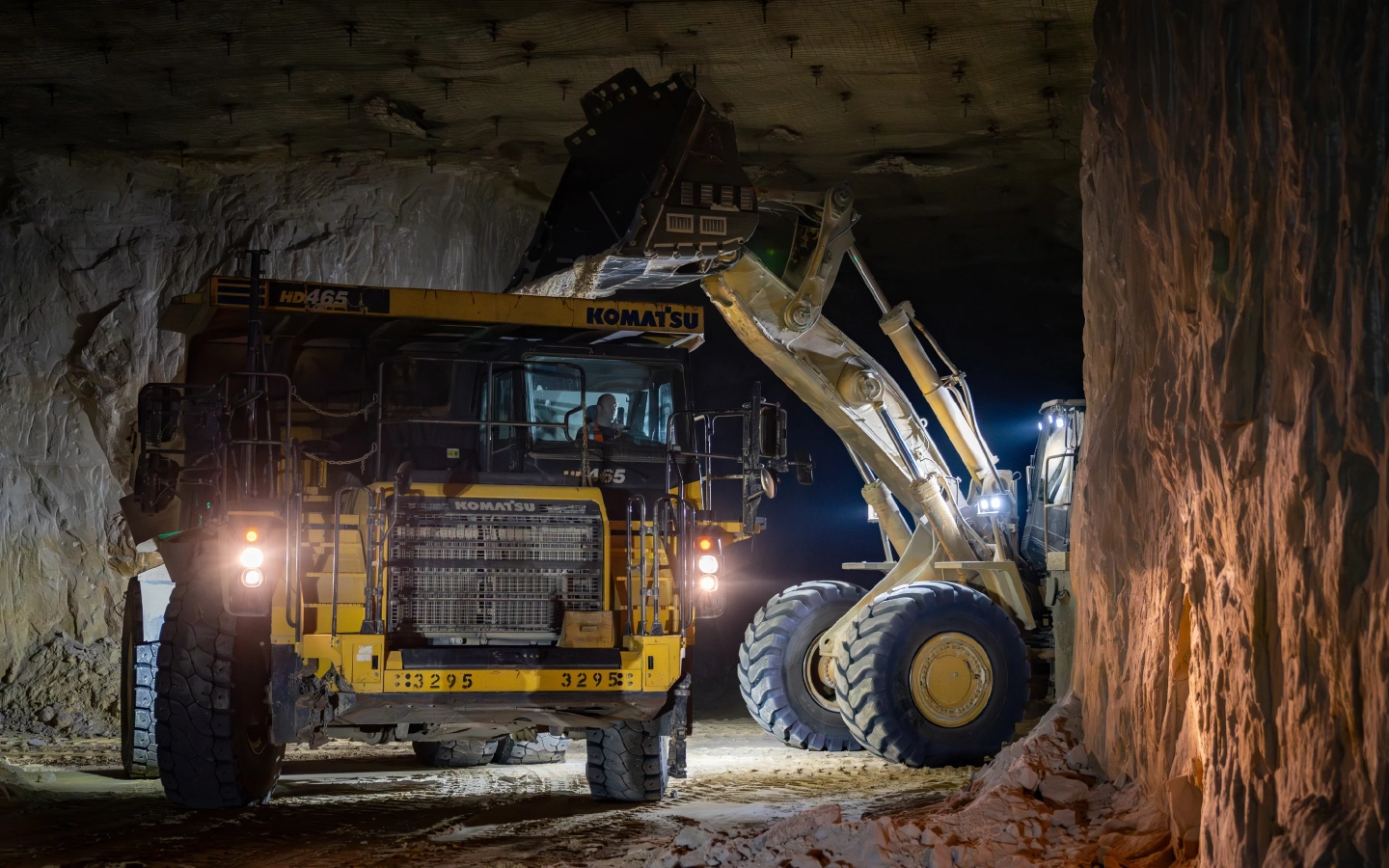
In 2007, Pattison sold the grain business to a long time strategic partner, and commenced mining operations having completed the installation of all required processing and loading equipment, and prepping the mine for safety and operations, Pattison, and their highly trained and certified crew of over 50 people, commenced mining operations.
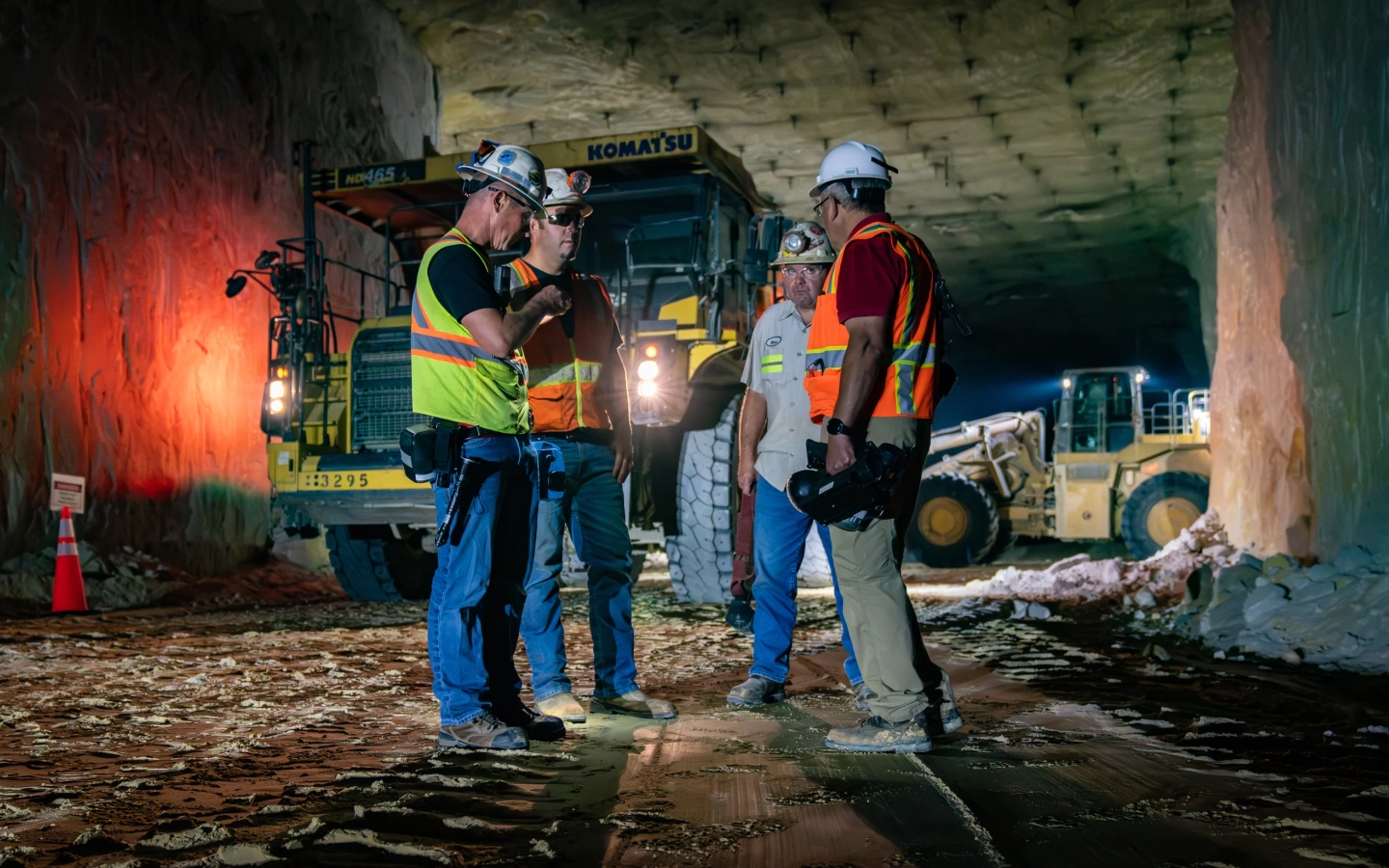
Converted the sand drying plants to compressed natural gas, decreasing our carbon footprint significantly by partnering with a local company for our fuel source.
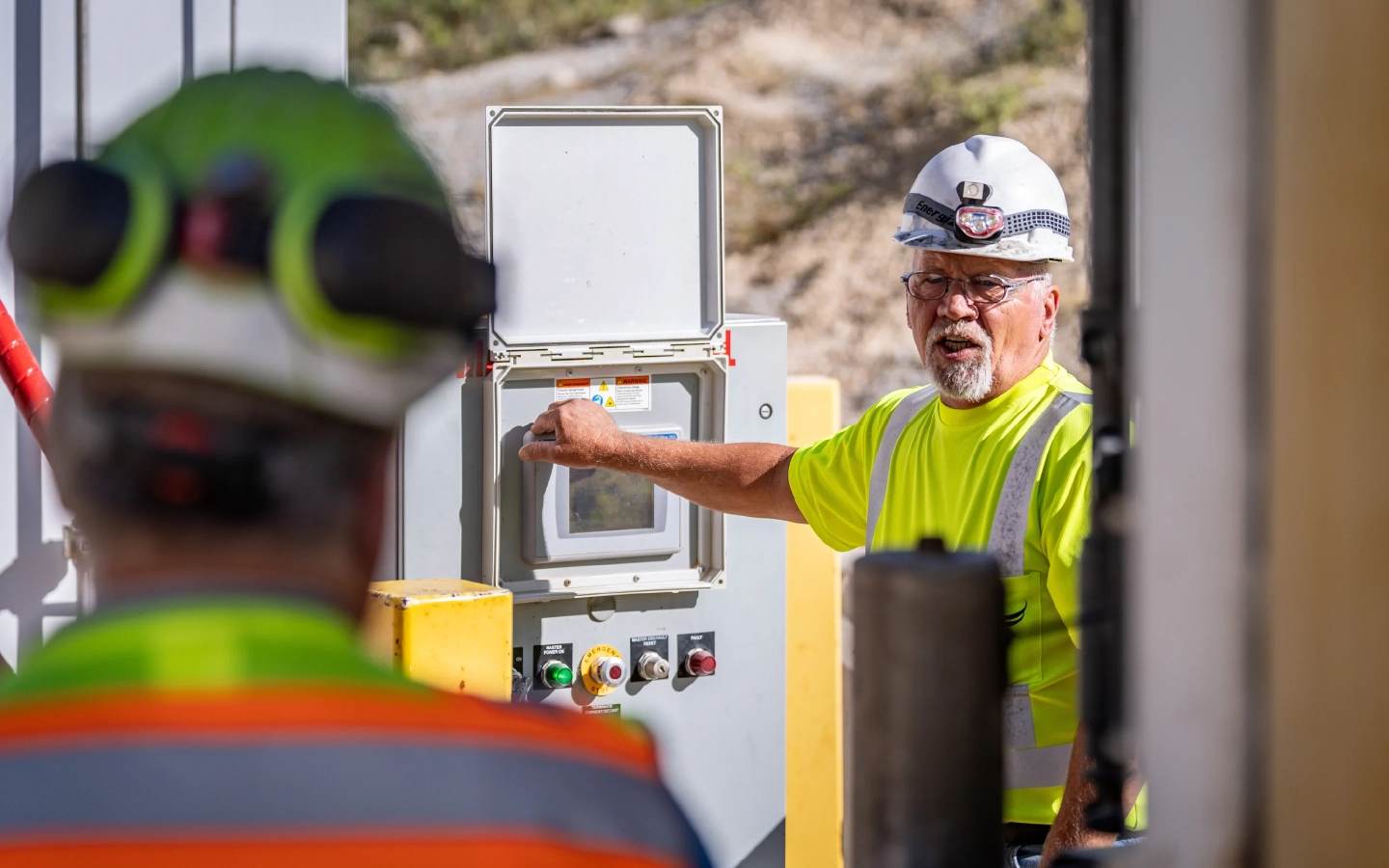
In conjunction with our growing industrial sand business, it became necessary to expand our unit train rail loading and storage capacity on Canadian Pacific from 140 cars to 500+ cars.
As a result, Pattison has embarked on a very ambitious project that will connect our current loading facility to new unit train holding tracks on the other side of the bluff.
This project required excavation of nearly 10 million tons of aggregate material which must be removed in order to place an additional 27,450 feet of track to store cars.
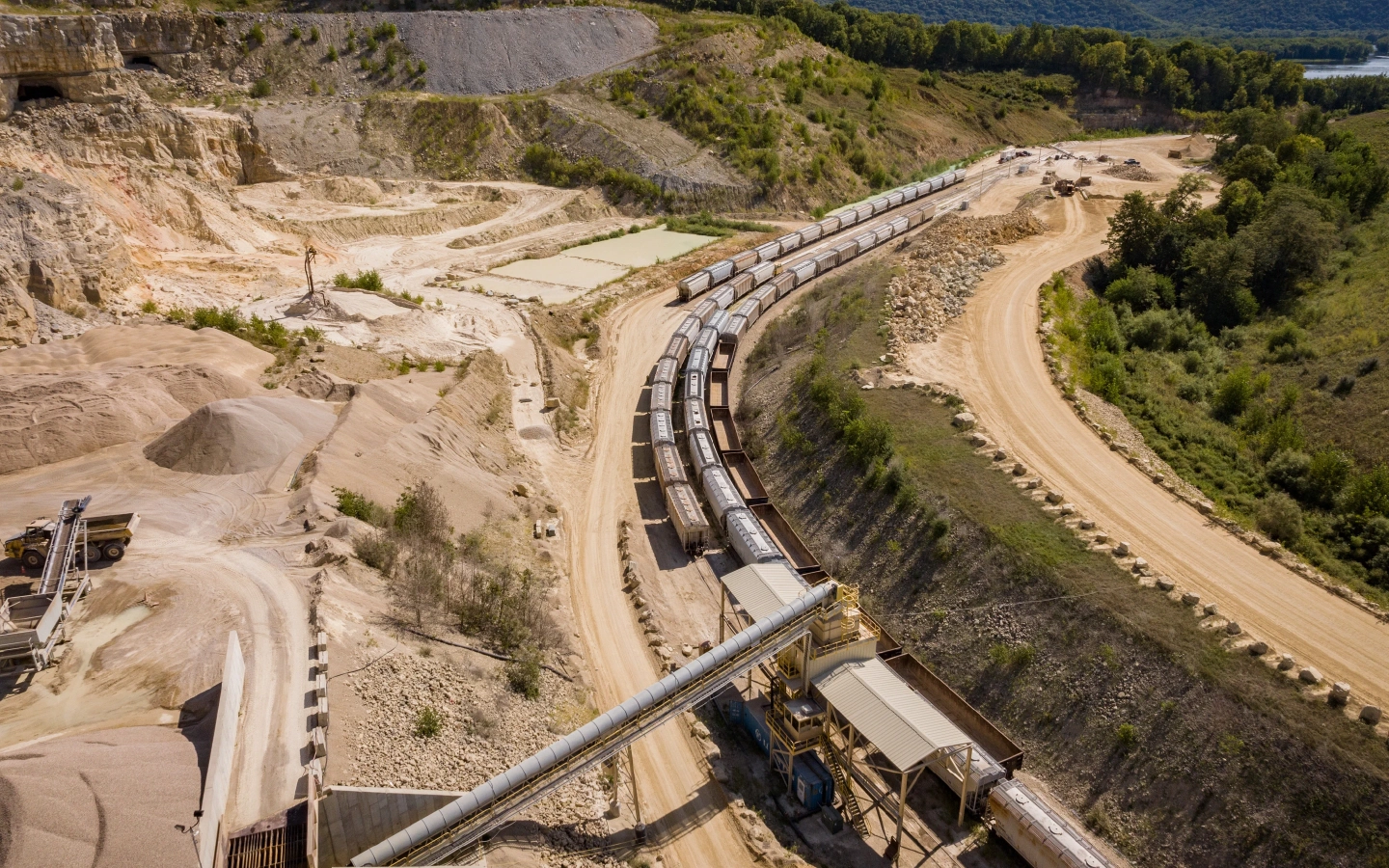
Pattison company commissioned a $2,200,000 tunnel feeder plant to enhance aggregate production.
It features a 500 ton per hour conveying system that allows the direct loading of dolomitic limestone into rail cars without requiring additional material handling, manpower and equipment.
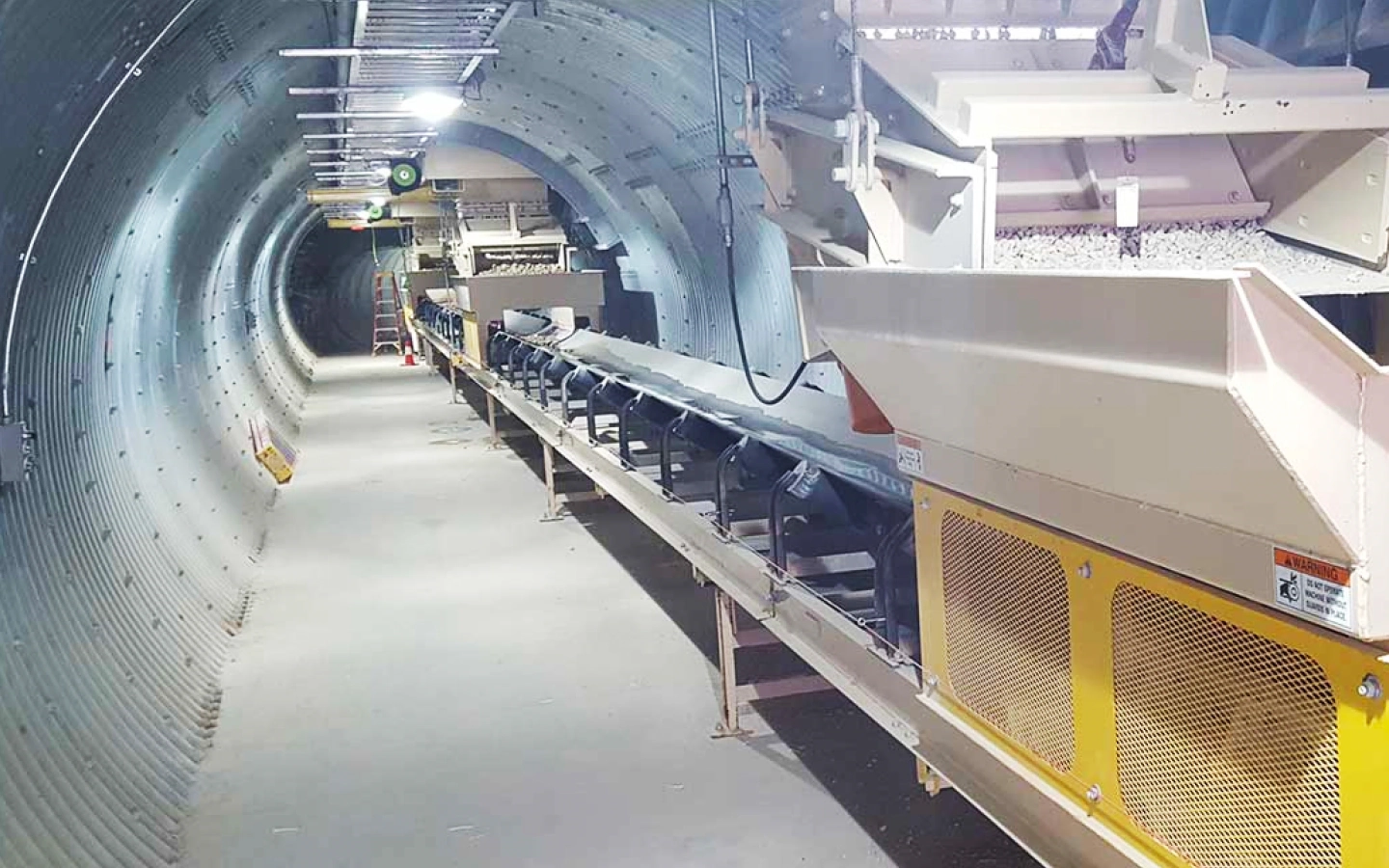
In July of 2023 Pattison Company started their Railcar Repair Services. In January of 2022 started their On-Site Railcar Solutions project.
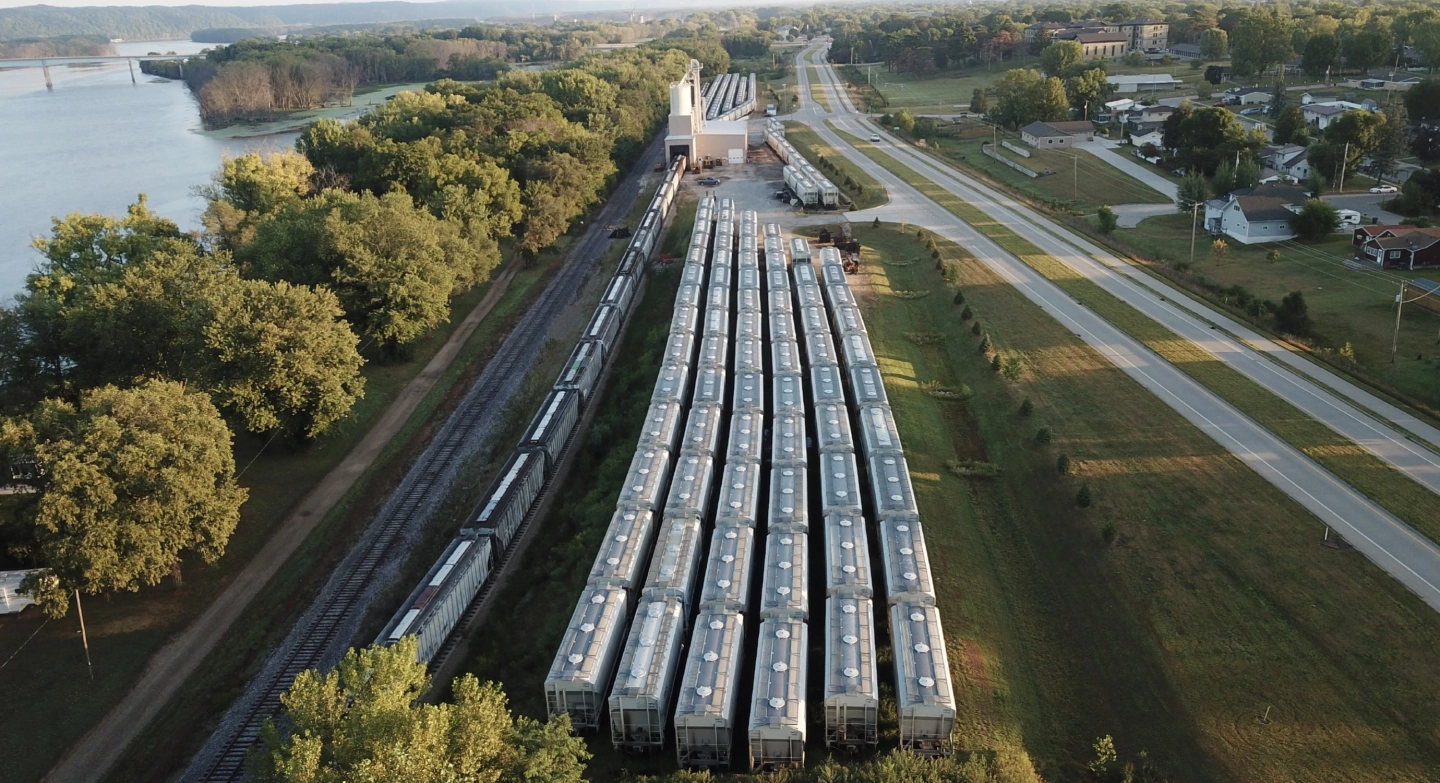
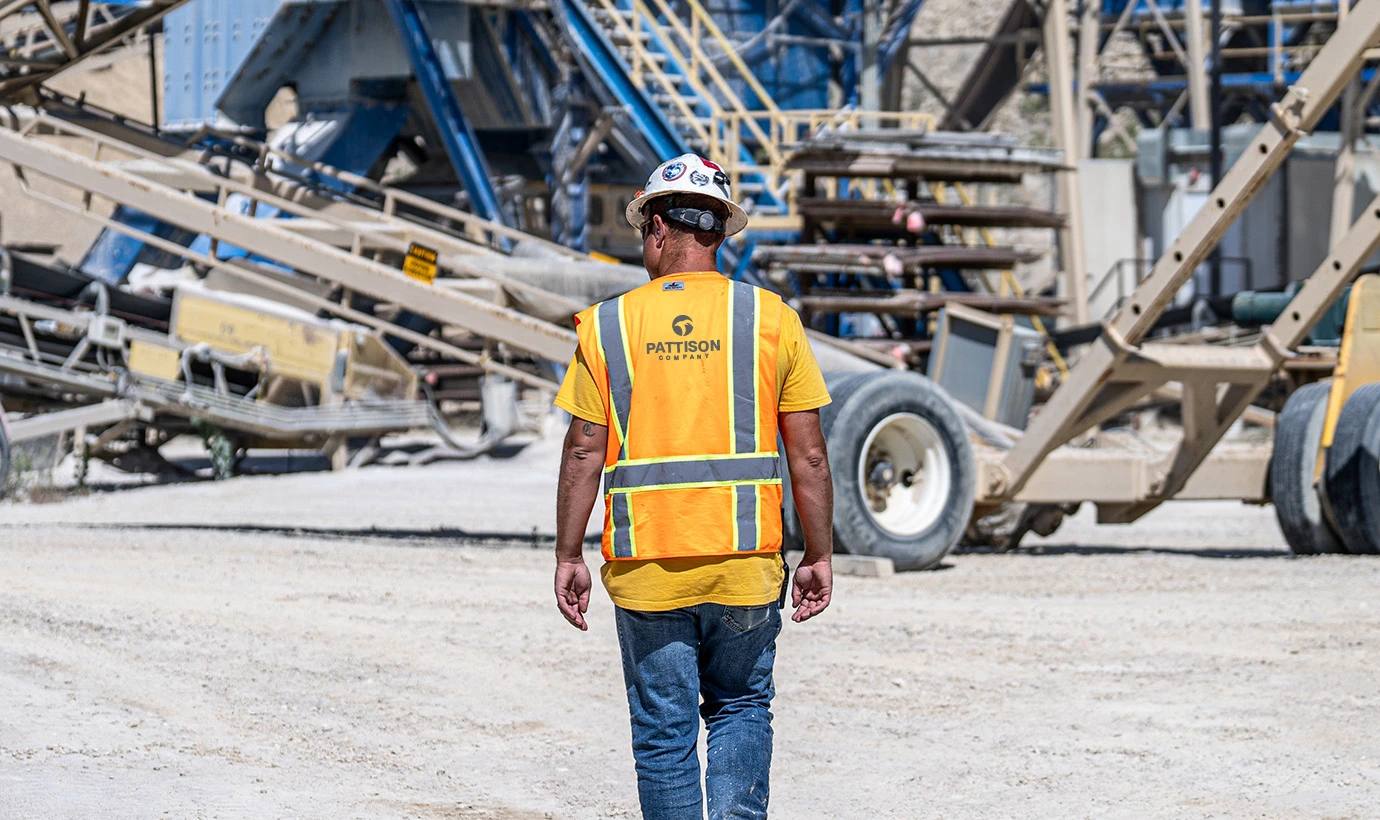
JOIN OUR TEAM OFinnovators
PATTISON CAREERS →